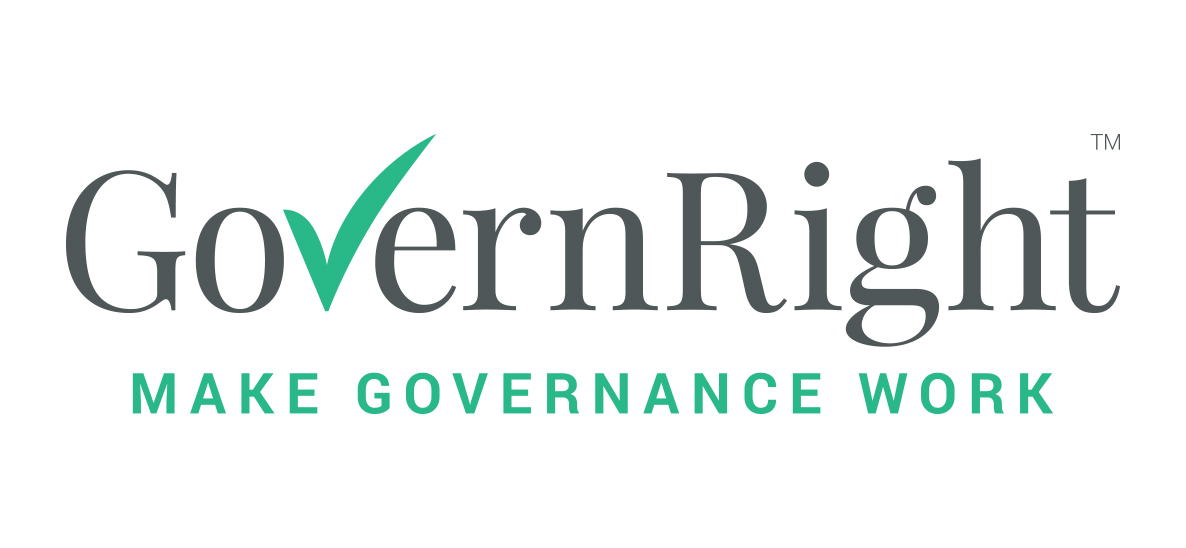Understanding The Need For Good Governance in Schools
Our focus at GovernRight is on embedding Good Governance. First step on the journey is understanding the need for / benefit of Good Governance oversight
Enclosed below are Five(5) current modules that are accredited by NESA for Responsible Persons. Each module provides an accreditation of 4 hours. We recommend a journey on your School’s Path to Modern Governance. The accredited modules have been developed in a series to support an understanding of the GovernRight 7 Pillars of Modern Governance.
Whilst not critical, we do recommend completing these modules in order, as each is designed to build on prior learnings.
The Challenge of Modern School Governance (4 hours) - Net Promoter Score (NPS) - 76.2
An introduction to understanding the Challenges of Modern Governance in Schools.
This workshop focuses on the first pillar of good governance in non-government schools, which is to create a relevant governance structure that supports the governing body's oversight and ensures a good relationship with management. Participants will gain clarity on the roles, responsibilities, and relationships of the governing body and its members, as well as learn about the importance of good governance, the path to good governance as well as the GovernRight Framework and 7 Pillars of Good Governance.
Through this workshop, participants will be able to set rules and delegations for efficient and effective oversight and support for the school's executive team. Suitable for both induction and ongoing professional training needs.
Building Governance Beyond Compliance for Schools (4 Hours) - Net Promoter Score (NPS) - 90.9
This workshop covers various aspects of good governance practices for schools, such as developing a consistent language in governance, understanding the importance of developing an appropriate risk culture, and the distinction between oversight and operations. The program also emphasizes the value of documenting and considering emerging governance items and understanding one's role in building a sustainable organisation through good strategy.
Overall, participants will gain valuable insights into the principles of good governance to support their schools in achieving their goals.
Oversight of the Management of Risk (4 hours) - Net Promoter Score (NPS) - 86.1
This workshop focuses on equipping participants with the skills and knowledge to identify and manage risks within a non-government school context. It provides insights into the importance of good governance, the limitations of traditional governance thinking, and the changing expectations of those in governance roles.
By the end of the workshop, participants will be able to establish a risk management framework, devise strategies to oversee the management of identified risks and create an appropriate risk culture for a compliant environment. The workshop emphasizes the need for the governing body to set risk appetite and to develop processes for recording and reporting risks, including legal compliance.
Understanding Financial Drivers in Schools (4 Hours) - Net Promoter Score (NPS) - 93.4
This workshop aims to equip Responsible Persons with a better understanding of their obligations related to finance in non-government schools. The program covers various topics, including the fundamental makeup of financial reports, effective budgeting, and the importance of forecasting beyond the financial year. Participants will learn about the key elements of budgeting and how to involve relevant stakeholders in the process.
By the end of the workshop, Responsible Persons will have a better understanding of financial management and be better equipped to support the running of their non-government school.
Building Accounting and Engagement at All Levels in Your School (4 Hours) Net Promoter Score (NPS) - 100.0
Designed to build the right culture of accountability and engagement at all levels of the School.
This workshop emphasizes the key role of the Board in resource allocation and stewardship. It highlights the importance of setting key performance targets as a way to articulate the collective risk appetite of the Board. The program also focuses on how clear performance targets can build a culture of accountability and engagement at all levels. Participants will learn that an "orange" or "red" in board reporting is a signal for resource deployment, not incompetency.
Additionally, the workshop distinguishes between oversight and operations in the role of the Board.







